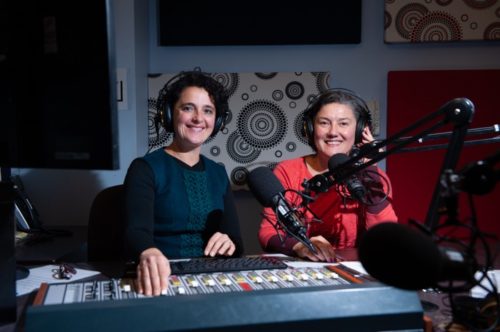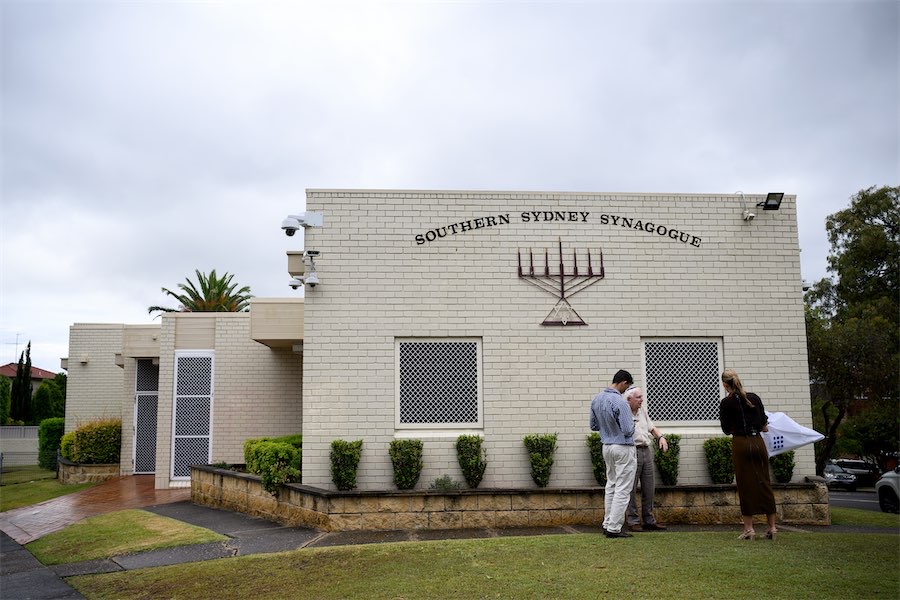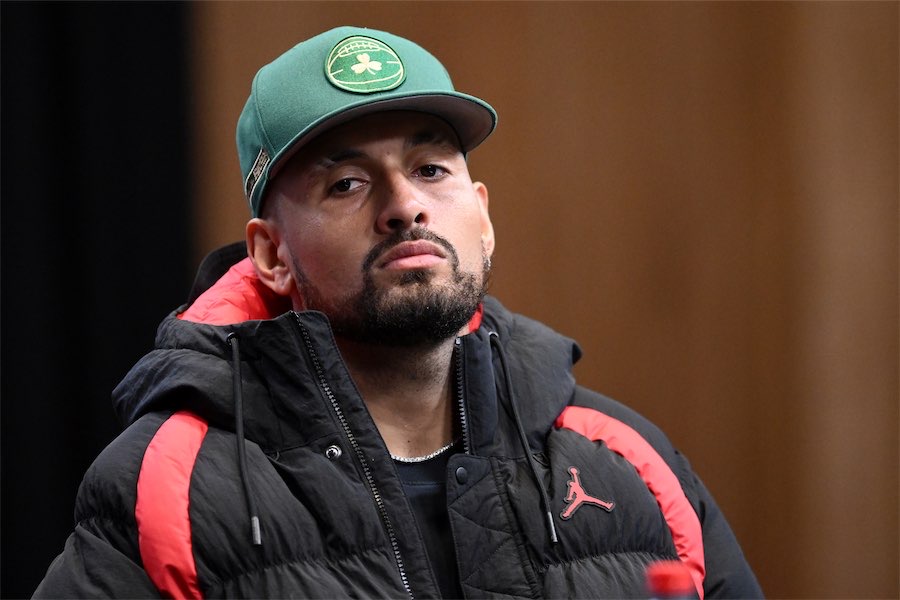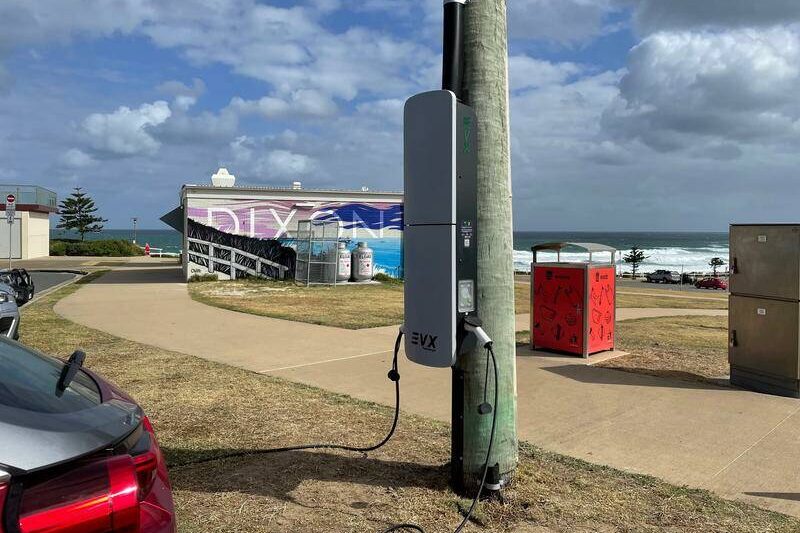
DANIELLE NOHRA speaks with the creator of a radio documentary that focuses on new Australians and their often perilous journeys to get here.
BECCA Posterino gets emotional when she recalls the desperation, violence and helplessness of stories she has heard from asylum seekers, immigrants and refugees over the past three years.
“I’m absolutely horrified and saddened by the way asylum seekers and refugees are treated,” says Becca, 44, of Turner, who’s been gathering these stories since 2016.
The freelance journalist is now preparing to launch these stories as a 12-part radio documentary, “New Beginnings”, at Smith’s Alternative, 4.30pm, on Friday, July 12.
After it will to air on the community station 2XXFM (98.3) from 10.30am to 11am, on Fridays for 12 weeks, beginning on Friday, July 19.
When Becca, whose father came to Australia on a boat from Italy, was offered this project by 2XX, she couldn’t say no.
She says she’s since spoken to people from Latin America, Iran, India, the former Yugoslavia, Italy and South Sudan.
“This documentary is all about personal stories, about the lives of people who forged new beginnings often beyond trauma, grief and loss,” Becca says.
“[It’s] confronting as it delves into the reality and consequences of war-torn and/or politically and socially violent societies.
“It takes a certain amount of desperation and helplessness to come to a new country on a boat. Nobody really gets on a boat for a sense of adventure.”
Becca wants “New Beginnings” to shine a light on the people who have taken on enormous risks. While putting the documentary together she learnt never to make assumptions about why people behave the way they do.
“We never know what someone has gone through,” she says.
“These risks were driven by desperation and in many cases [within]… deeply broken and often violent systems and structures.
“You hear these stories, you read these stories but to actually hear it in person, witness their tears, hear and feel their pain, it’s unbelievable trauma that they go through. It’s hard to fathom how they recover.”
As a journalist, Becca also believes she has a responsibility to challenge the current narrative around boat people and migrants.
“The boat people narrative propagated over the last 20 years and more in Australia is one that needs to be contested and re-imagined,” she says.
“We have built this narrative through political and media discourse and perhaps by connecting to the personal stories within this documentary, particularly in our own backyard – in Canberra – we may connect to the individual, the human being.”
An individual who stood out for Becca is Reverend Peter Kuot, a South Sudanese man who is a spiritual leader of the Sudanese community in Canberra.
When Becca spoke with him, she heard about a lot of pain and sadness in the Sudanese community, which she says has particularly manifested from accusations of gang violence in Melbourne.
Another personal story centres on how Vesna Cvjeticanin came to Canberra.
It was 1990 when Vesna, a Yugoslavian lawyer, travelled with her husband and their two young children to visit her grandmother in the ACT.
“I came here and the war broke out at home,” she says.
“I didn’t know English, didn’t speak English and apart from my immediate family and my grandmother and aunty, didn’t know anyone else.”
It was four years before Vesna and her family could return home and what they returned to was devastating.
“The war was raging, the country was poor, families were destroyed,” she says.
It was not the country they left so they came back to Australia and Vesna enrolled in a law degree at the ANU.
“It was very different and I felt excited but also resentful,” says Vesna, 58, who lives in Gordon.
“Resentful towards the situation, because every day was a new beginning, I never knew what it was going to bring.”
Vesna says that when life in Australia became the new norm, the pain of losing her homeland deepened.
And while it’s been an ongoing challenge for Vesna, she says she feels lucky to have moved to a version of Australia, which at the time, was very accepting.
“Thirty years ago it was different and I feel really lucky and recognise it’s so much harder for people to come here now,” she says.
Vesna, who has recently retired after working in the public sector, is one of many stories that Becca touches on in the documentary.
Becca believes the series illustrates what human beings can overcome.
“This documentary explores our shared humanity, the importance of acknowledging we are not all born with equal access to freedom and to use our privilege to support and protect the human rights of others,” she says.
Who can be trusted?
In a world of spin and confusion, there’s never been a more important time to support independent journalism in Canberra.
If you trust our work online and want to enforce the power of independent voices, I invite you to make a small contribution.
Every dollar of support is invested back into our journalism to help keep citynews.com.au strong and free.
Thank you,
Ian Meikle, editor





Leave a Reply